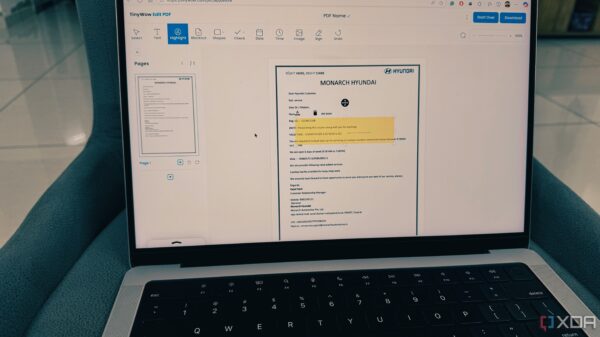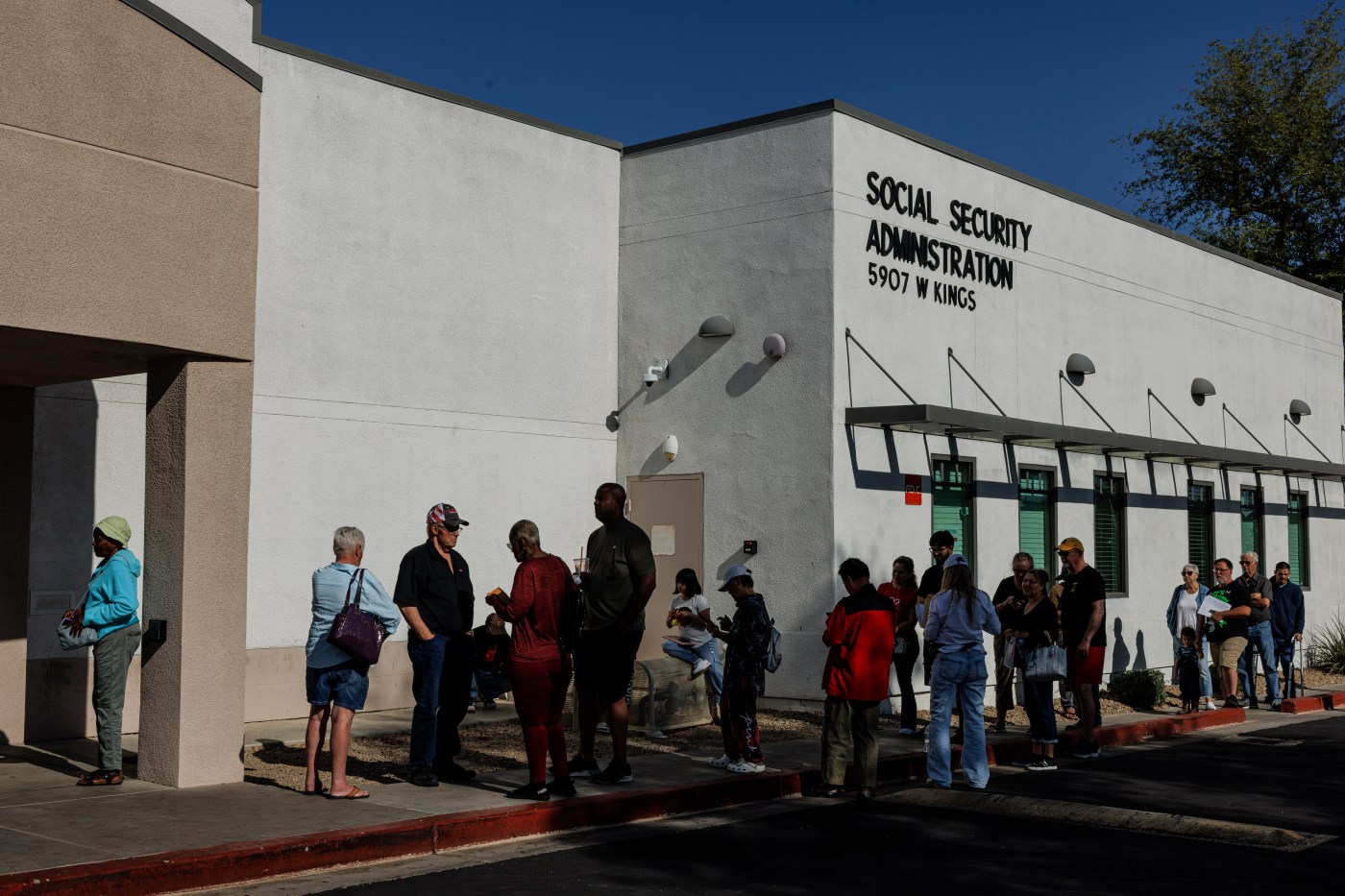UPDATE: Social Security is facing a critical crisis as it marks its 90th anniversary, with major staffing cuts and imminent changes that could jeopardize the financial stability of over 500,000 Americans who rely on it as their primary income. This urgent situation has been confirmed by numerous sources, including official statements from Social Security representatives.
As of next month, Social Security will cease mailing actual checks, forcing beneficiaries to adapt to a digital system amid severe staffing shortages—currently at a 50-year low. This drastic move comes just as individuals are already struggling to navigate a complex system that can leave them on hold for hours.
Reports indicate that morale within the Social Security Administration is plummeting, with many staff members resigning due to overwhelming pressure and concerns over data security. A source within the agency revealed that top leadership has left, raising alarms about potential violations of personal data security protocols and calls for a complete overhaul of outdated computer systems.
In a letter to the editor, Chicago resident Deborah Jo Patton expressed her fears for the future of Social Security, highlighting a troubling statistic: the trust fund, which supports benefits, is projected to be depleted in just nine years. This could lead to a significant reduction in benefits for millions of retirees if urgent legislative action is not taken to reform funding models.
The current funding structure is a growing concern, as many Americans doubt the sustainability of their benefits. Currently, individuals earning over $176,000 do not contribute Social Security taxes on income exceeding that threshold, prompting calls for reform from advocates who argue that wealthier citizens should contribute their fair share.
In a parallel political development, former President Donald Trump has ordered the deployment of 800 National Guard troops to Washington, D.C., citing a fabricated rise in violent crime. However, data shows that violent crime in the city is actually at a 30-year low. Critics are questioning the motives behind this heavy-handed approach, suggesting it may serve as a distraction from pressing issues such as the ongoing crisis within Social Security.
This dual crisis—one affecting the livelihoods of millions and the other reflecting contentious political maneuvers—demands immediate attention from lawmakers. The urgency for reform in the Social Security system cannot be overstated, as beneficiaries face a future of uncertainty with potentially reduced benefits.
As we reflect on the past 90 years of Social Security, it is critical that leaders take decisive action to ensure its viability for future generations. The calls for reform are louder than ever, and without courage and collaboration among policymakers, the fate of this essential program hangs in the balance.
As developments unfold, stakeholders and beneficiaries alike are urged to stay informed and advocate for necessary changes to protect the future of Social Security. The implications of these challenges will resonate for decades to come.




































































